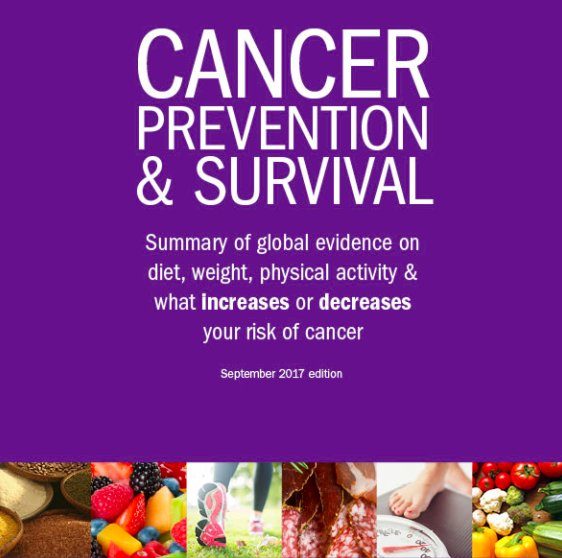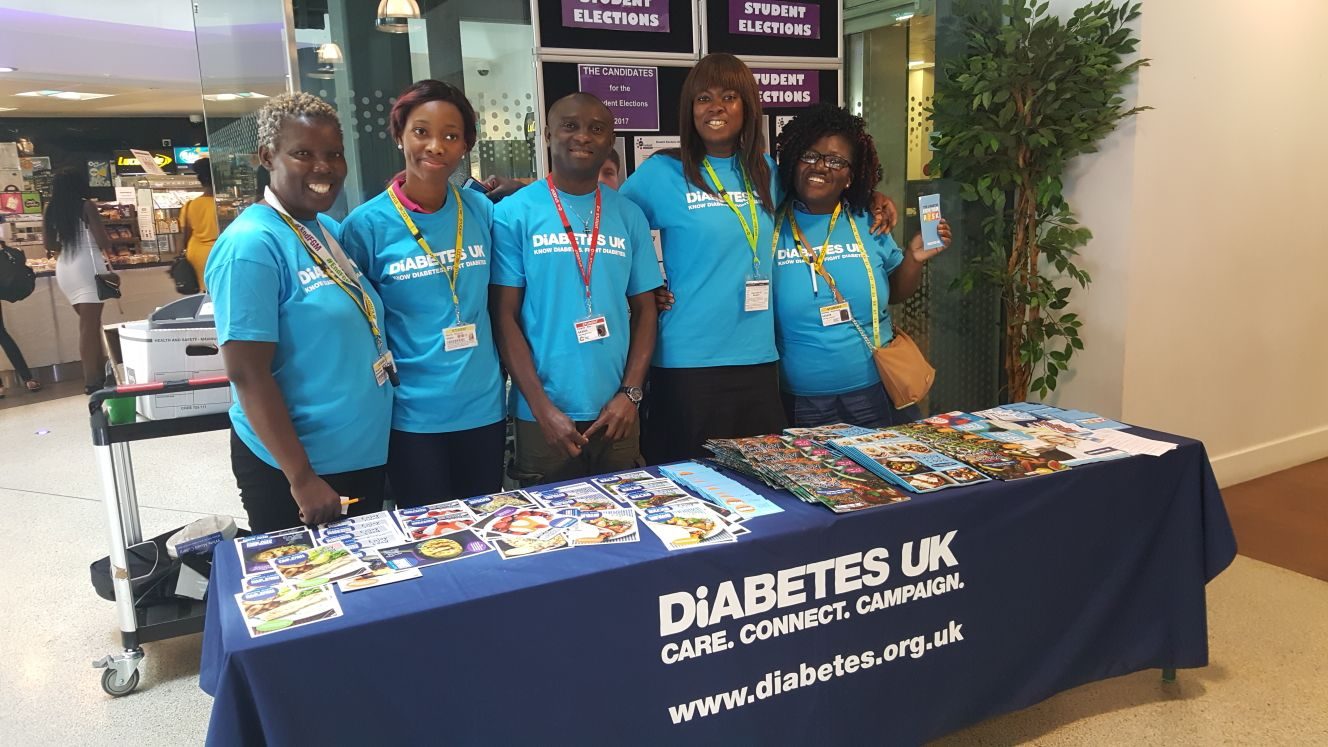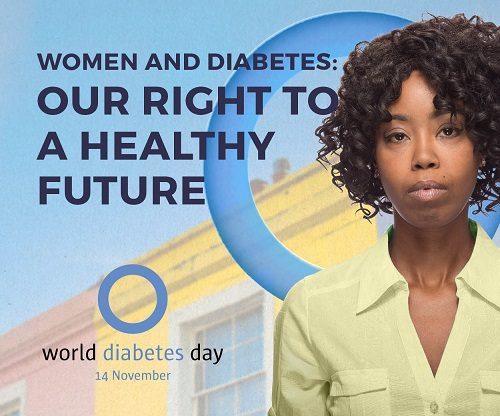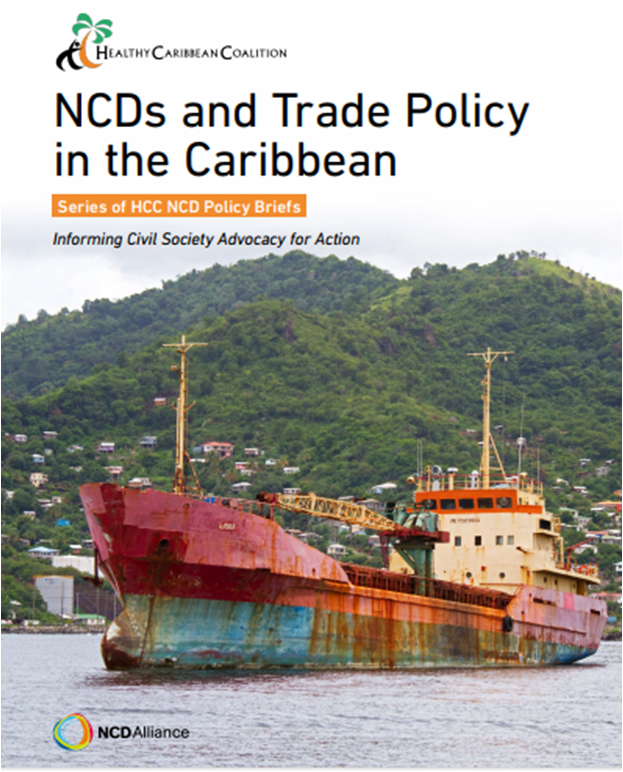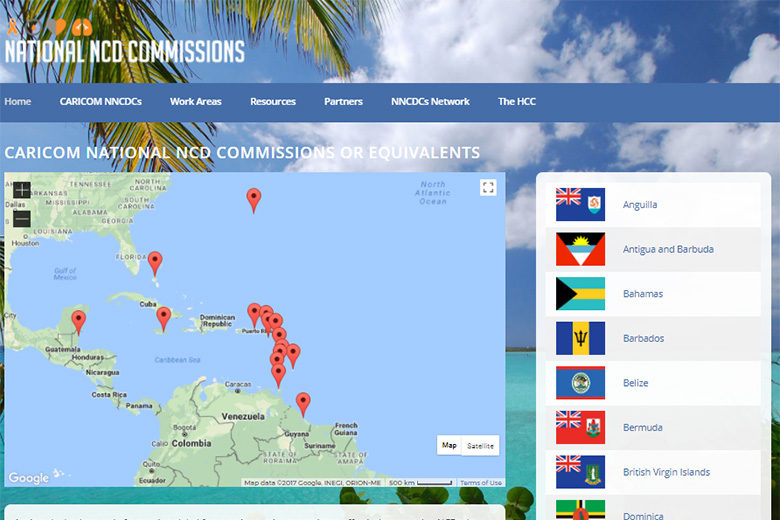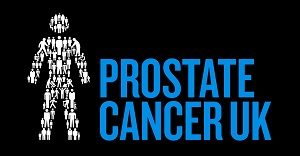WCRF’s Latest Cancer Prevention Recommendations
In September, the World Cancer Research Fund published the latest data from their Continuous Update Project on cancer prevention highlighting what increases and decreases our risk of developing cancer.
Their summary is a very concise, easy-to-read booklet based on the latest evidence on risk factors for cancer. One of their main messages is that one third of the most common cancers could be prevented by a healthy diet, maintaining a healthy weight and being physically active.
Their summary is divided into three sections:
- Strong evidence on what increases cancer risk
- Strong evidence on what decreases cancer risk
- Cancer prevention recommendations
When looking at what increases cancer risk, factors such as being overweight or obese, consuming alcohol, processed meat and red meat are listed as well as a number of other factors. Whilst non-starchy vegetables, fruit, physical activity, dietary fibre, wholegrain and a number of other factors are listed as reducing cancer risk.
The WCRF end their summary with a list of cancer prevention recommendations as follows:
- Be a healthy weight
- Move more
- Avoid high calorie foods and sugary drinks
- Enjoy more grains, veg and beans
- Limit red meat and processed meat
- Don’t drink alcohol
- Eat less salt
- Avoid mouldy grains and cereals
- Don’t rely on supplements, eat a healthy diet
- If you can, breastfeed your baby
WCRF Continuous Update Project is an ongoing initiative to review global research on cancer prevention focusing on how lifestyle factors such as diet, exercise and weight impact our risk of developing cancer. Based on these findings the WCRF will update their Cancer Prevention Recommendations which they hope will provide the public, governments and charitable organisations with accurate information on how to reduce cancer risk.
For more information you can download the full summary below or visit the WCRF’s website.







